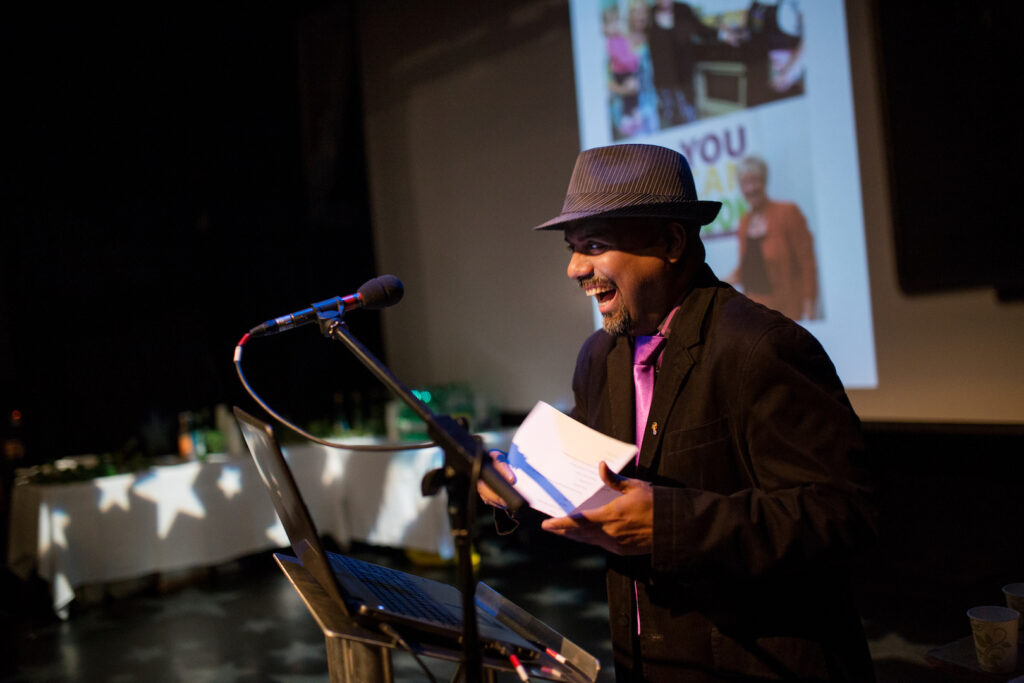
This week Bosco Santimano founder and executive director of social enterprise You Can Cook, shares his thoughts on why we should change our eating habits post Covid and concentrate our efforts more on prevention in the future.
The current pandemic has highlighted one very important factor whereby the majority of deaths caused where due to individuals having an underlying health problem like diabetes and other health related chronic conditions. Up to this point humanity was heading to a very unhealthy lifestyle where ready meals, takeaways and processed foods and drinks became the norm. Growing up in India during the 70’s and 80’s we were fortunate not to be exposed to these harmful processed fast foods laced with chemicals and taste enhancers which have proven to be addictive and many carcinogenic; the legal definition being something that causes cancer. For any food or drinks to be called carcinogenic there must be evidence linking consumption of these types of foods to an increase of specific cancers in our body. Alcohol, red and processed meats, burned and over barbecued foods are just a few examples.
So, what do we need to do going forward post pandemic to mitigate the effects of fast foods in our diets? The first step would be to make these chemically induced foods very expensive via taxation. I am aware it’s not a popular option but essential for the overall positive impact on our children’s health in the long term. Last year the UK government announced its new obesity strategy linking it to eliminating coronavirus, by banning TV and online advertising and promotion of foods and drinks that contain high salt, sugar and fat. To blame people who are obese is not a sensible solution as it will cause more harm than good as we will develop a blaming culture. Covid-19 is an infectious disease and the risk of getting it is by transmission from another individual. Obesity on the other hand is more a deep-rooted problem of our society and is determined by people’s surroundings, awareness or lack of it and economic status. If you are poor its much harder to make these choices as you are literally living on a hand to mouth existence. One thing this virus has shed light on is the disproportionate way minorities, low-income earners and disadvantaged communities have borne the brunt of this pandemic. Analysis by the Food Foundation found that over a quarter of UK households would need to spend more than a quarter of their disposable income after housing costs to meet the government’s healthy eating guide.
What is the solution? Researchers at Tufts University in America made the case that subsidised fruits and vegetables could prevent millions of cases of chronic diseases. They recommended that instead of Doctors prescribing expensive medications, they should instead prescribe more fruits and vegetables! The study argues that this change could saves £billions in healthcare costs. The power of food as medicine which we at You Can Cook have advocated since the beginning is now slowly finding acceptance in the scientific world and about time it did. Prescribed medicines in most instances have minor or major side effects which then have to be treated with more drugs and this keeps the patients on a never-ending conveyor belt that ultimately only benefits Big Pharma!
Many years ago, while researching about how much NHS Scotland spends on preventative initiatives and treatments, I came across the actual figures which was shocking. Less than 1% of the budget was spent as prevention. It’s time for a major overhaul in Scotland of how we wish to proceed as a society; healthy and strong or weak and dependent on pills for the rest of our lives. You choose.
*Originally written & published in the Peeblesshire News.
